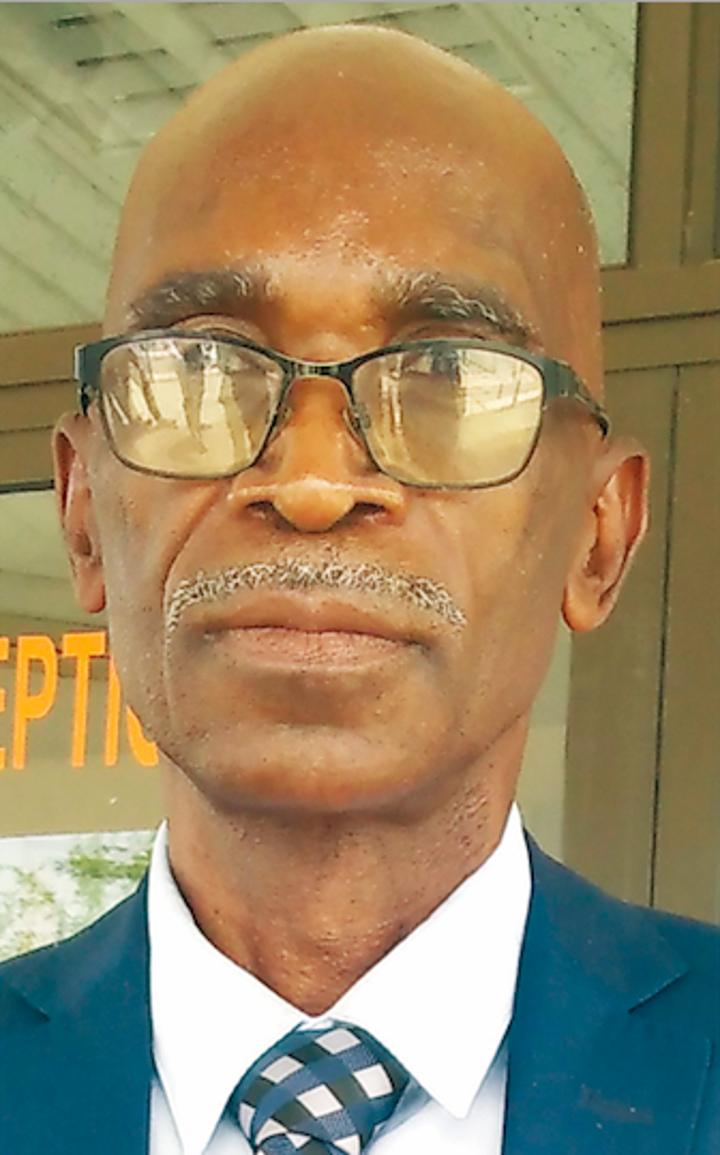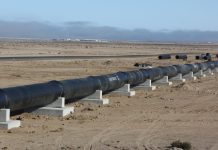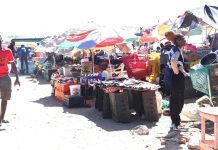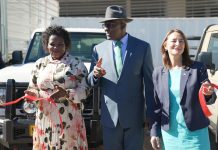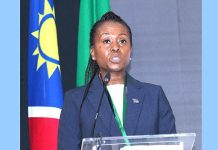Africa-Press – Namibia. A SENIOR Namibian police officer during his testimony on Wednesday revealed that the person who tipped off the Botswana authorities on the whereabouts of the Nchindo brothers and their cousin on 5 November last year was a Namibian recruited to spy for them.
Zambezi regional crime investigations coordinator deputy commissioner Evans Simasiku during the ongoing inquest into the killing of the men by Botswana Defence Force (BDF) soldiers, said upon investigation he found the spy was recruited by the Botswana police in 2018 to monitor and report any suspicious activity along the Chobe River.
“I cannot name the informant, because he is protected by law. However, we know him and we interrogated him in the presence of the Botswana authorities.
“He admitted that he was indeed the person who called the Botswana police with the anonymous tip about possible poachers in the area of Sedudu island, as per their agreement,” Simasiku said this week.
He admitted having a Namibian spying on behalf of Botswana could be considered as espionage as far as the safety and security of the nation is concerned.
After the shooting of the Nchindo brothers and their cousin by the BDF last year on suspicion of them being poachers, the Botswana government stood firm that they received an anonymous tip from a Namibian on the presence of potential poachers.
Simasiku said during his investigations there was nothing indicating that Tommy, Martin and Wamunyima Nchindo and their cousin Sinvula Munyeme were poachers.
He supported his statement by saying apart from the fact that no weapons were found at the scene, none of the four men had firearms registered in their names.
“I also have fishing permits of Wamunyima and Martin, which I am submitting to the court.
“As for Tommy and Sinvula, they did not have permits. Their lifestyle also indicated they were earning a living from fishing, which was confirmed by those who knew them,” he said.
Simasiku further told the court the men’s family members were only shown their faces when they went to identify their bodies at Kasane on 9 November last year.
He said the family members insisted to see the men’s bodies, but the Botswana police refused. “Even at Francistown during the post-mortem we were told that we as the Namibian Police are only allowed to observe and take notes,” he said.
Simasiku said Wamunyima’s body was first brought for a post-mortem, and he noticed his [Wamunyima’s] face was swollen and he had injuries all over his chest up to his hips.
“His injuries looked like it could have been inflicted by a sharp object. These injuries shattered his heart. Three metal objects were also recovered from his chest,” he said.
Simasiku said Martin’s face was also swollen and he had similar chest injuries, as well as big open wounds to both thighs. He said Tommy had a wound from his armpit to his heart.
“One of his knees was also shattered, as well as his left toe,” he said. Sinvula only had chest injuries, Simasiku said. He revealed that the two canoes had 14 bullet entry points.
“Canoe B had a suspected bullet entry from the bottom and had blood,” he said.
Simasiku ended his testimony by saying the joint investigation was not transparent as the Namibian Police were not provided with some of the evidence.
He said he wanted the investigation to submit the BDF soldiers’ guns as evidence too. The inquest is expected to conclude tomorrow. It is being heard before Kasane regional magistrate Taboka Mopipi.
For More News And Analysis About Namibia Follow Africa-Press

